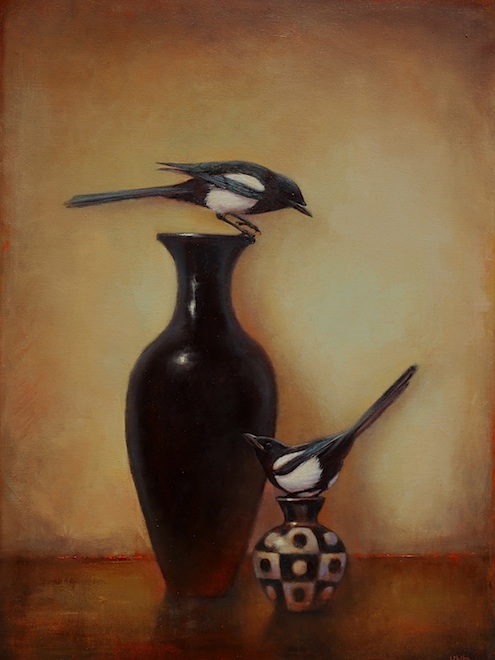Today we begin a new series, Culture: So What?!? Each week, we’ll be asking thought-leaders from all walks of life to answer the question: What is Culture and Why Does it Matter? In our opinion, the concept of Culture gains new importance every day. We’d love to know what you think, too. Please join this conversation each and every week.
– The Editors
Whether we are aware of it or not, ‘culture’ affects every aspect of our daily lives. From the language we speak, the books we read, to the visual arts, music, dance, and the food we create and enjoy. But even more profoundly, culture is what we do, think and feel.
As a noun, culture is described as the arts and other manifestations of human intellectual achievement regarded collectively. Interestingly, culture as a verb means to maintain (tissue cells, bacteria, etc.) in conditions suitable for growth.
The idea of ‘culture’ was foremost in my mind when I decided to move our young family from the fast-paced lifestyle/culture of Southern California to a beautiful resort mountain town in Idaho.
After much consideration, I decided that the healthy mountain lifestyle had the culture and ‘conditions suitable for growth’ (for my young children). Although small in size, this mountain town is a microcosm of the big city, but without the rat race.
As an artistic family, we have benefited from the resort town’s interesting people, nationally recognized art galleries, along with top-drawer restaurants, the largest privately funded symphony in America, and a famous Writers’ Conference that brings together our generation’s finest writers. Yet with all of that, my kids and I can easily escape from the ‘city life’ and into the serenity of the Rocky Mountains.
Our culture here enables us to understand and work effectively together. It influences the manner in which we perceive the world and how we network within it. It is our collective experience as a society.
Sadly, in a world where Western culture is dominating and destroying indigenous cultures, cultural homogenization is on the rise. For example, one language dies every 14 days and by the next century nearly half of the world’s 7,000 languages will disappear in favor of English, Mandarin and Spanish.
Over the years, I have taught my children the importance of cultural diversity within our own community, country, and around the world. Nevertheless, human culture is subject to change, and should evolve away from discriminatory, inhumane, or environmentally damaging traditions. But the arts and crafts, religions, oral tales, histories, and cultural heritages of differing peoples should be preserved as a valued aspect of humanity.

Lori McNee is a professional artist who specializes in still life, and landscape oil paintings. She is an exhibiting member of Oil Painters of America, Plein Air Painters of Idaho, serves on the Plein Air Mag Board of Advisors, and is an Ambassador Artist to Royal Talens. As the owner of FineArtTips.com, Lori blogs about fine art tips, marketing, and social media advice for the aspiring and professional artist. As a social media influencer, Lori ranks as one of the Top 100 Most Powerful Women on Twitter, has been featured in the Wall Street Journal and named a #TwitterPowerhouse by The Huffington Post. She is a keynote speaker, has been a talk show host for Plum TV, writes for F+W Media publications including Artist’s Magazine, Artist’s & Graphic Designer’s Market, Photographer’s Market. Also, Zero to 100,000: Social Media Tips & Tricks for Small Businesses.
